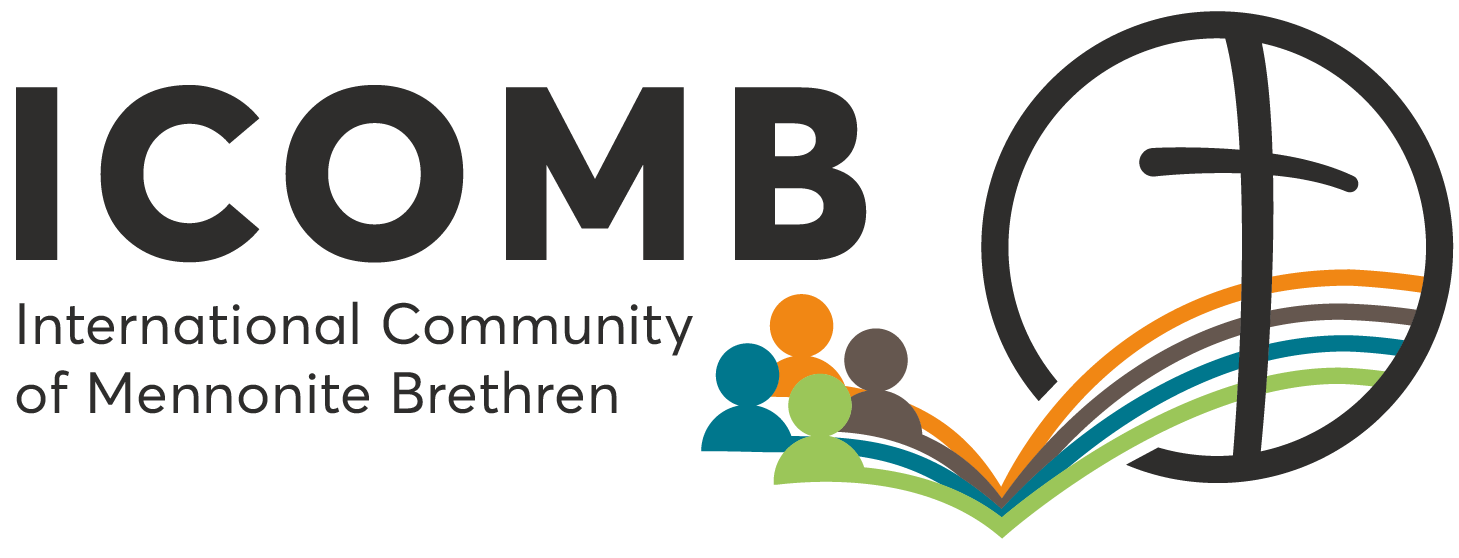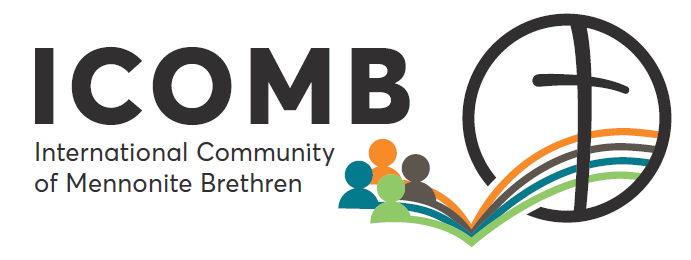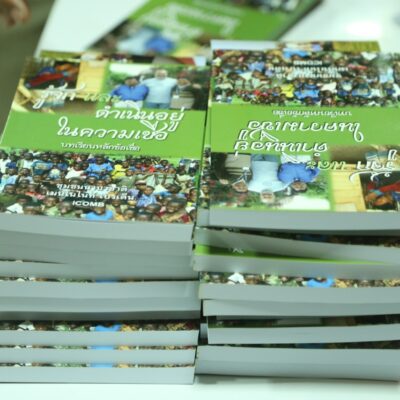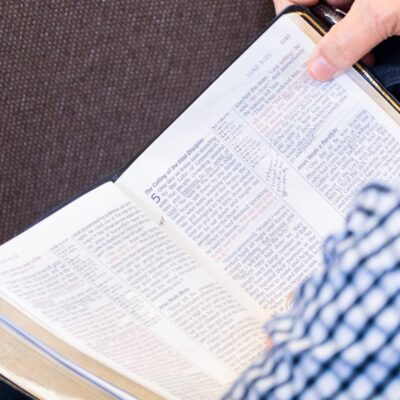Those who know me have learned how much I like words. Hence this blog title. I thought ‘fecundity’ – fertility, capacity – was pretty unique until Peter Stuckey from Colombia told me it’s a common Spanish term. This week I saw the term “royal fecundity” to describe Duchess Kate’s pregnancy. I learned ‘liminal’ – on the threshold; in-between times – from Michael King in Trackless Wastes and Stars to Steer By. I mentioned it in my commissioning as the Canadian conference Executive Director in 2000. We were in the middle of dissolving the North American Mennonite Brethren structure – surely a threshold time.
In Borders and Bridges: Mennonite Witness in a Religiously Diverse World, Peter Dula closes the book with a chapter on bridge building. Dula refers to “ecotones” – border zones between different ecological communities, say between a wood and a meadow. Ecologists know that those border zones often harbor a greater variety and density of life than either the forest or the grassland alone. More plants. More animals. “Liminal fecundity!”
In life we know plenty of border zones: between cultures; self and other; black and white; male and female; and for our purposes, between religions, or even versions of the same religions. We have a long and dark history with respect to edges; we tend to view them as indicative of an evil that lies on the other side. It views them as regions to be forever resisted and hopefully eliminated at the moment when we conquer the other (Dula).
Some classic negative illustrations: colonialism and slavery; the state churches’ reaction to the Anabaptists; the general perspective during the dissolution of the NA Conference.
In contrast to the instinct to view border zones negatively, can we cultivate a positive approach? Why not try to ‘harvest’ the fecundity that lies there? In principle, if there’s greater richness in ecclesial ecotones, can we find a fuller experience of the Kingdom of God?
Consider what happened when the International Committee met to forge the ICOMB Confession of Faith. Western members gravitated toward identifying all the points or articles we wanted. Eastern / Southern minds gravitated toward creating a narrative that would reveal our faith convictions. The end result was a blend of both in 2 sections: the first being a narrative that answered the question “How does God work in the world?”; the second being a set of points answering “How do Mennonite Brethren respond to God’s purpose?”
It’s a richer confession as a result.
What are some illustrations of “church ecotones”?
At the local church:
– New generations of children asking questions and challenging assumptions
– Changes in worship liturgy (or “styles”)
– New visitors and members from another country or spiritual background
At the conference or in ICOMB:
– Theological challenges – the recent “atonement debate” in Canada and the upcoming confessional review of Church and State/Love and Non-Resistance articles in USA.
– A dramatic increase in membership or those asking for membership.
– Modern to post-modern or world-view shifts.
This is just a tiny sampling. In each item lies potential shift. Every encounter means liminality – something probably will change.
If we aren’t self aware, we’ll fall into the typical traps: denying the challenge’s reality; fighting it to the death; assuming the devil is attacking; capitulating to the new in an effort to be ‘relevant’; grieving the loss of hegemony … to name a few.
We also cannot pine for the days when we didn’t have to grapple with all these new challenges. Global communication and mobility have thrust many changes upon the church. We always seem to be on new thresholds, when ‘back in the day’ we could rest a bit after crossing one. Now, it’s just one doorway after another, with very few rooms to identify and rest in, it seems.
Again, we could fight or grieve or capitulate.
Or we could start the combines and harvest the potential that’s in the encounter. It could be richer solutions (the ‘Genius of AND’, as James Collins put it); gifts might be discovered within the conflict; we might learn to manage and resolve conflict, thus preparing for bigger thresholds; we might strengthen convictions and our witness to others! “There’s gold in them thar thresholds!”
Make liminality your friend. Look in it for fecundity. Harvest it for the good of the Kingdom in your sphere of ministry and life.






